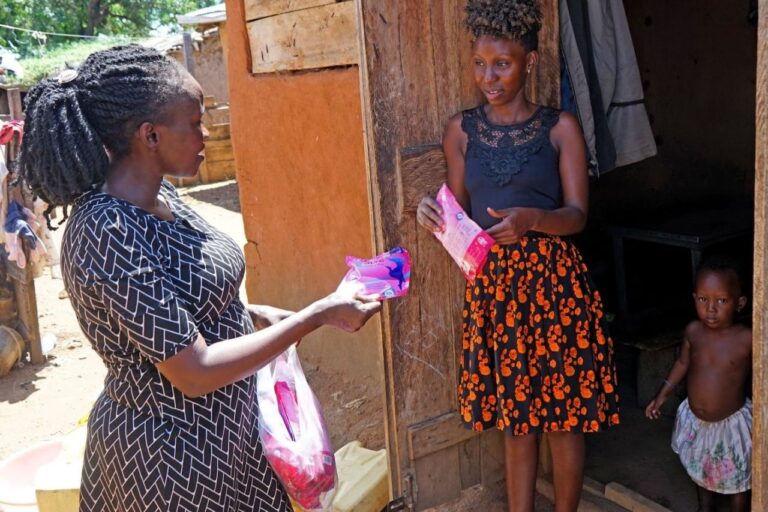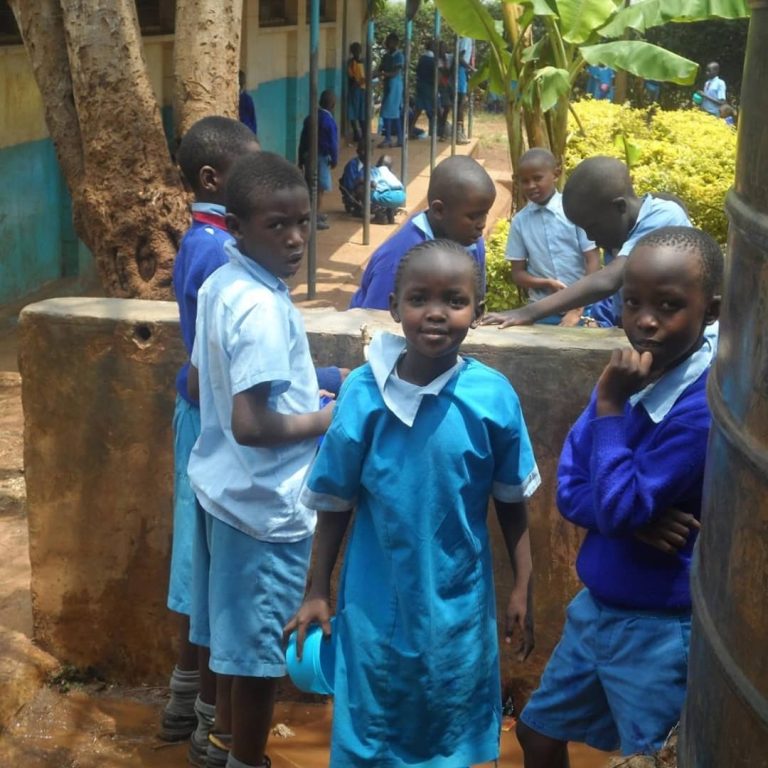This blog post will take you through the importance of menstrual hygiene education, breaking taboos, and the various workshops and campaigns surrounding the topic.
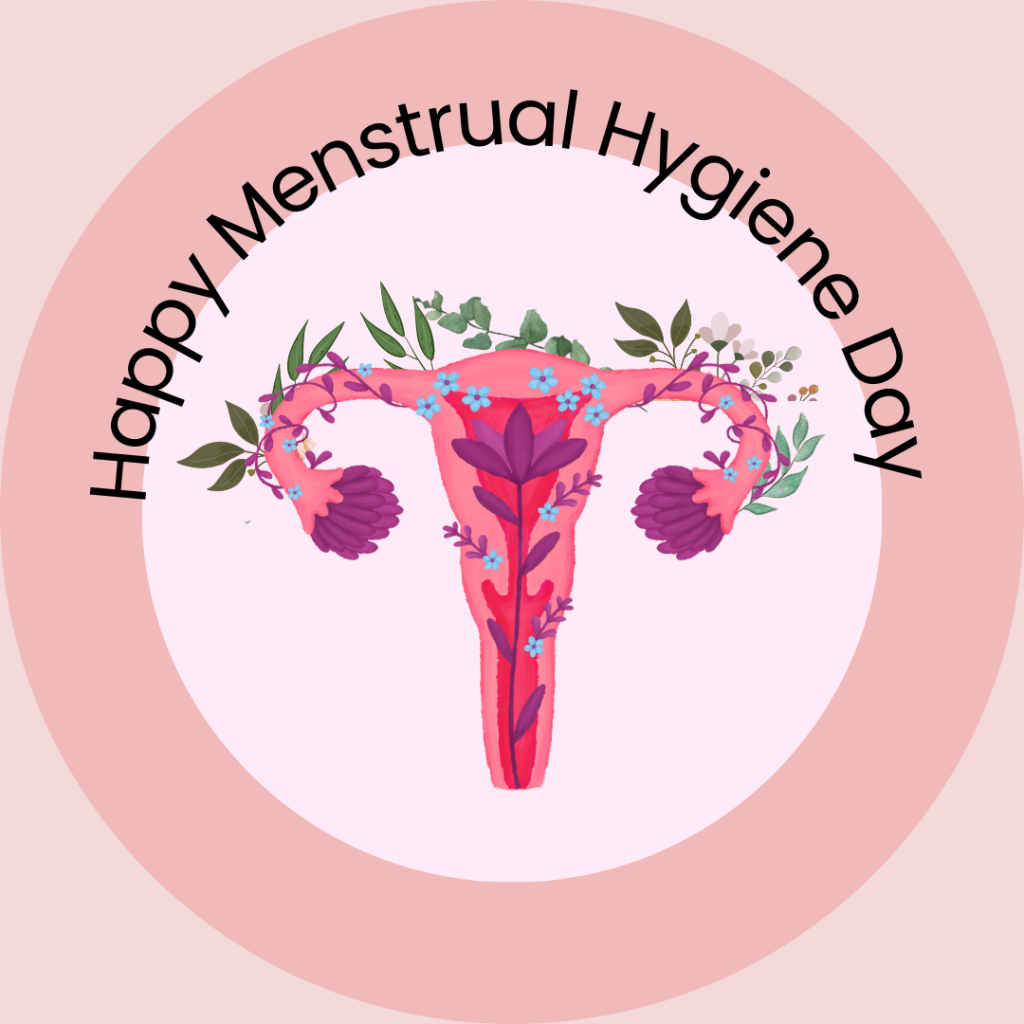
Also read: Breaking Stigma: Discover the World of Menstrual Hygiene
A. Importance of Menstrual Hygiene Education
Why Menstrual Hygiene Matters
Menstrual hygiene is crucial to the health and well-being of women and girls worldwide. Proper menstrual hygiene management prevents infections, promotes self-esteem, and ensures equal education and workplace opportunities.
The Global Impact
Approximately 500 million women and girls lack access to adequate menstrual hygiene products or facilities. This situation affects their education, health, and overall quality of life.
3. Role of Education
Educating women, girls, and their communities about menstrual hygiene is essential to empower them and dispel myths and misconceptions. Knowledgeable girls can make informed decisions about their health and well-being.
B. Breaking Menstrual Taboos and Stigmas
The Reality of Menstrual Taboos
Menstrual taboos and stigmas are deeply rooted in many cultures. Women and girls are often considered impure, unclean, or cursed during menstruation, leading to discrimination and exclusion.
The Power of Conversations
Open conversations about menstruation help normalize the topic and break taboos. Sharing experiences and information creates an understanding and supportive environment for women and girls.
Engaging Men and Boys
Involving men and boys in menstrual hygiene discussions fosters empathy and understanding, ultimately leading to positive change and eliminating harmful stigmas.
C. Menstrual Health in Developing Countries: Spotlight on Kenya
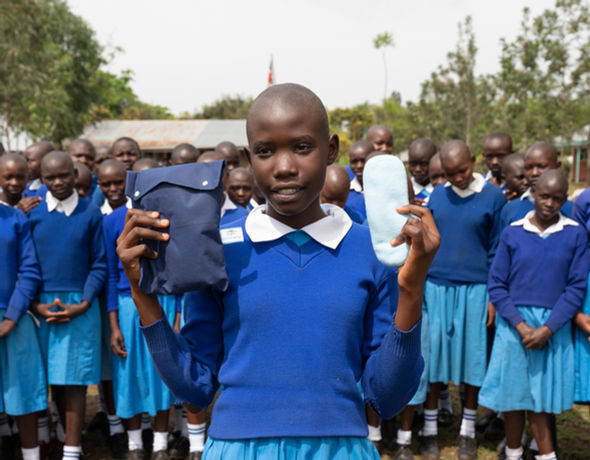
The Challenges Faced in Kenya
In developing countries like Kenya, menstrual health management is a significant challenge for many women and girls. Limited access to affordable and quality sanitary products, inadequate sanitation facilities, and a lack of education on menstrual hygiene contribute to these difficulties.
Impact on Education and Opportunities
Poor menstrual hygiene management affects girls’ education and future opportunities.
In Kenya, it is estimated that girls miss 4-5 days of school each month due to menstruation, leading to a higher dropout rate and a reduced chance of completing their education.
Grassroots Initiatives and Local Solutions
Local initiatives are essential in addressing menstrual health challenges in Kenya. Organizations like Maji na Ufanisi focus on providing affordable sanitary products and menstrual hygiene education to women and girls in Kenya.
Community-Based Education Programs
In Kenya, community-based education programs play a vital role in breaking taboos and raising awareness about menstrual hygiene. These programs engage both women and girls and men, boys, and community leaders, fostering a supportive environment for menstrual health management.
The Role of International Support
International support and collaboration can help amplify the efforts of local organizations and initiatives. By partnering with NGOs and local groups, individuals and organizations from around the world can contribute to improving menstrual health in Kenya and other developing countries.
D. Menstrual Health Workshops and Campaigns
World Menstrual Hygiene Day 2023 Theme
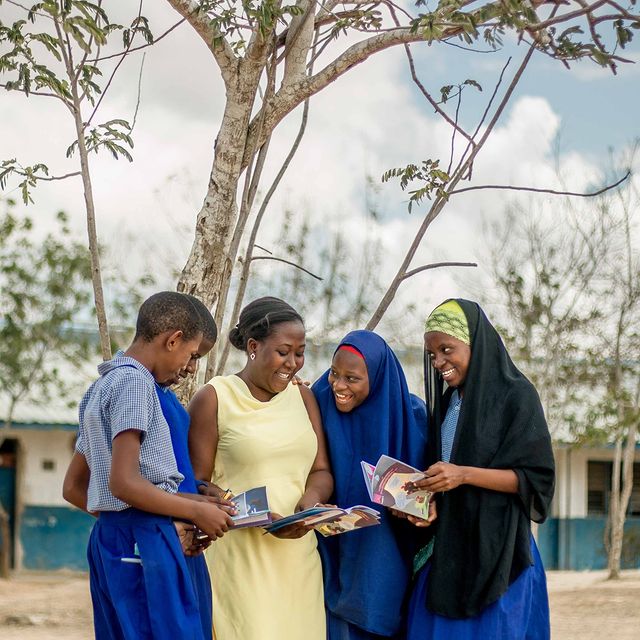
The World Menstrual Hygiene Day 2023 theme is making menstruation a normal fact of life by 2030.” The overarching goal is to build a world where no one is held back because they menstruate by 2030.
This theme emphasizes the importance of knowledge and dialogue in creating a world where every woman and girl can manage her menstruation safely and with dignity.
Non-Governmental Organizations (NGOs) and their Initiatives
Numerous NGOs, such as Days for Girls and Maji na Ufanisi, work tirelessly to raise awareness, distribute menstrual hygiene products, and provide education on menstruation.
Workshops for Girls and Communities
Organizations often hold workshops for girls and their communities to educate them on menstrual hygiene, self-care, and reproductive health. These workshops empower girls to make informed decisions and break taboos.
Social Media Campaigns
Social media campaigns, such as #NoMoreLimits and #MenstruationMatters, aim to raise awareness, engage global audiences, and break the silence surrounding menstruation.
Also read: Breaking Stigma: Discover the World of Menstrual Hygiene
In Conclusion: The Power of Education and Awareness
Educating and raising awareness about menstrual hygiene can break taboos, empower women and girls, and create a more equitable world. As you reflect on World Menstrual Hygiene Day and its 2023 theme, she is inspired to share the information with her network and support organizations working towards these goals.
Frequently Asked Questions
1. What is World Menstrual Hygiene Day?
World Menstrual Hygiene Day is an annual event on May 28th aimed at raising awareness about the importance of menstrual hygiene, breaking taboos, and promoting education on menstruation. It unites organizations, individuals, and governments in addressing the challenges women and girls worldwide face due to inadequate menstrual hygiene management.
2. Why is menstrual hygiene education important?
Menstrual hygiene education is crucial as it empowers women and girls to make informed decisions about their health and well-being. It also helps break taboos and stigmas associated with menstruation, promoting self-esteem and equal opportunities in education and the workplace.
3. How can we break menstrual taboos and stigmas?
Breaking menstrual taboos and stigmas starts with open conversations and education. Sharing experiences and information about menstruation can create an understanding and supportive environment. Engaging men and boys in these discussions can foster empathy and encourage positive change.
4. What are some organizations working on menstrual hygiene awareness?
Some organizations working on menstrual hygiene awareness include Days for Girls, Maji na Ufanisi, and The Cup Effect. These NGOs focus on raising awareness, distributing menstrual hygiene products, and educating women, girls, and their communities about menstruation.
5. How can I support menstrual hygiene awareness and education?
You can support menstrual hygiene awareness and education by donating to NGOs, such as Maji na Ufanisi, working on these issues, sharing information and experiences on social media, participating in campaigns and workshops, or even organizing your events and initiatives to raise awareness in your community.


